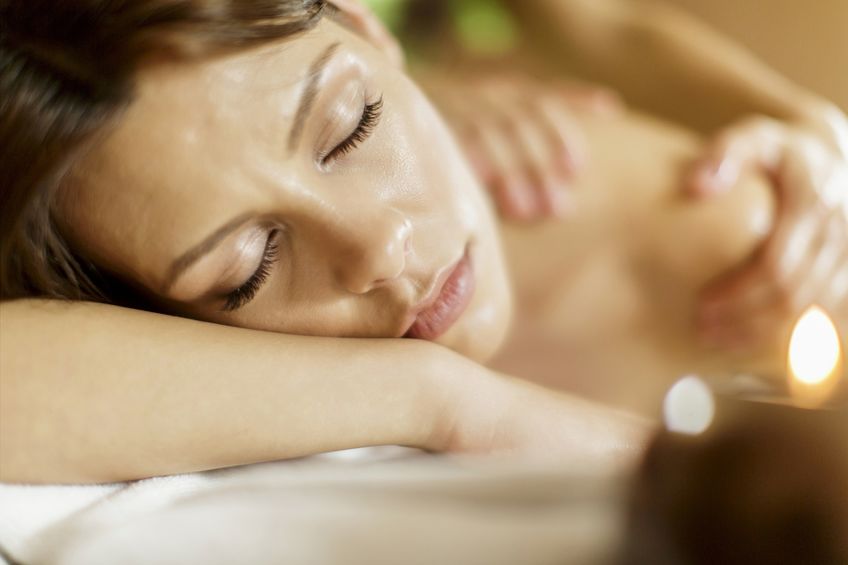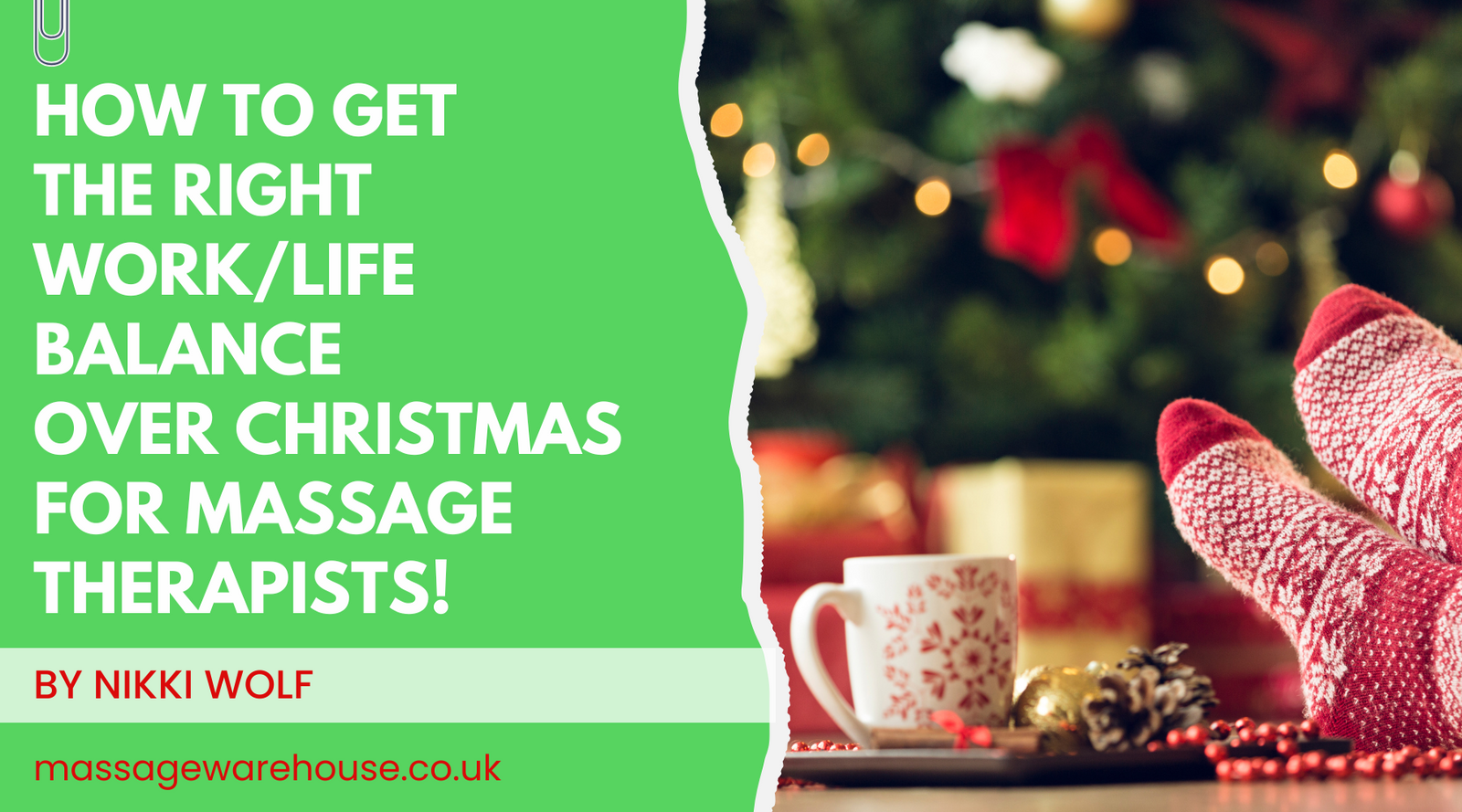Your Cart is Empty
I use the cover for both aromatherapy and chair massage.
The client likes the material.
Great size and love it!
I have bought 3 of these now. They are so easy to fit and wash. Highly recommended!
This is such a great table - it meets all my needs for the what I offer and is so reasonable in price and absolutely does not lose any quality in any shape or form! I love the wooden parts of it too, they look really great and it’s very stable in stature! I would 1000000% recommend the bench and 1000000% recommend buying all and everything from massage warehouse 🌟
They are nice an thik enough, they fitting well on.my mobile memory massage bed
This table is great for my needs, good solid and stable, the extra width helps my larger clients feel more comfortable with the extra space to completely relax. The only down fall for me is I keep knocking into the feet on the side of table they stick out a bit. But overall I recommend this table.





